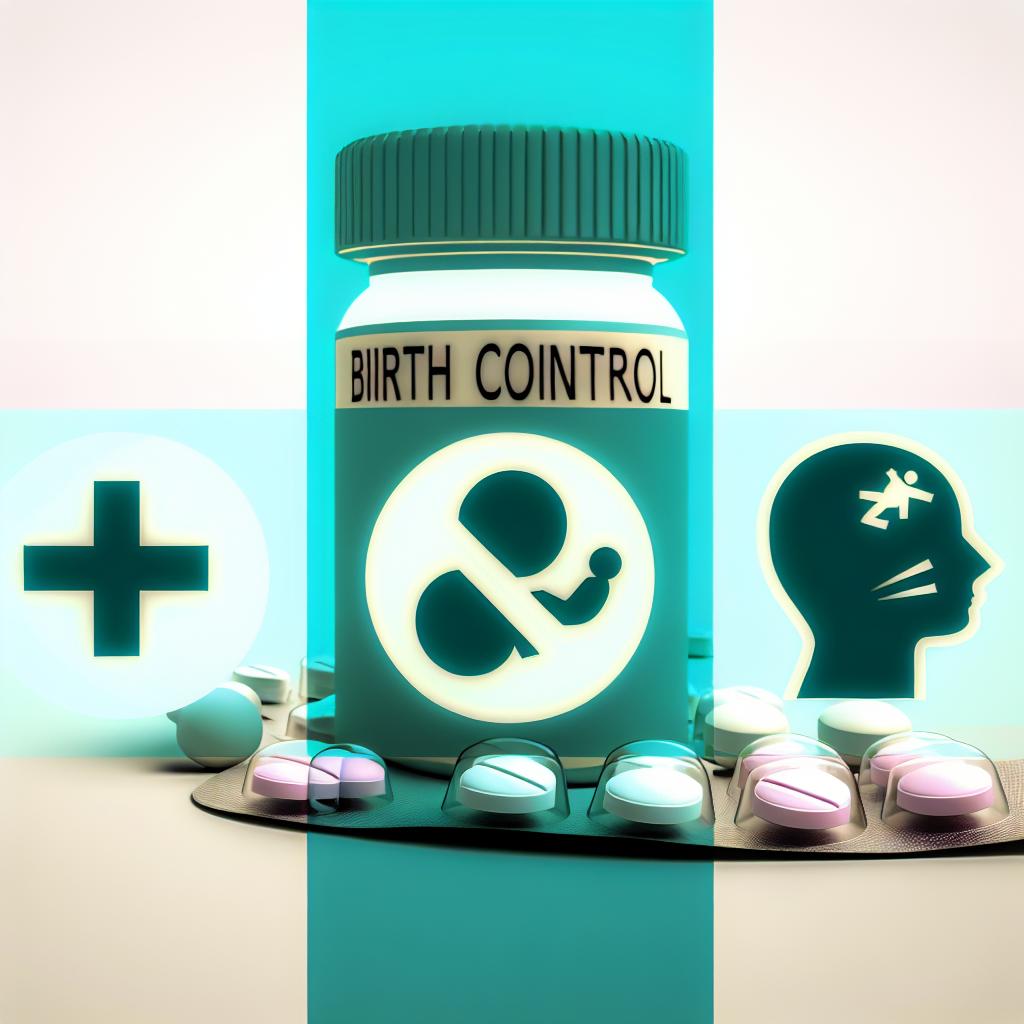
The uses and side effects of birth control pills.
The Uses of Birth Control Pills
Birth control pills, commonly known as oral contraceptives, serve multiple purposes beyond preventing pregnancy. Their primary function, however, remains inhibiting ovulation. By containing synthetic hormones — either a combination of estrogen and progesterone or progesterone alone — they alter the natural hormonal cycle to prevent the release of an egg from the ovaries.
Primary Use: Contraception
The most widely recognized application of birth control pills is pregnancy prevention. When taken correctly, these pills boast a high efficacy rate, providing an accessible and convenient choice for many women. An essential benefit of birth control pills over many other contraceptive methods is that they do not interfere with sexual intercourse, which can often lead to greater ease and spontaneity. This convenience contributes significantly to their popularity among diverse demographic groups, making them an essential tool in family planning.
Regulating Menstrual Cycles
Beyond contraception, oral contraceptives are often prescribed to regulate menstrual cycles. For individuals who are plagued with irregular periods, these pills can be instrumental in establishing a more predictable menstrual pattern. The regularity that birth control pills can offer proves beneficial for those who live with unpredictably timed menstrual cycles. The stability offers both physical relief and a sense of mental peace, knowing one’s cycle can be anticipated rather than feared for its uncertainty.
Managing Menstrual Symptoms
Birth control pills can significantly reduce common menstrual discomforts, such as cramps and heavy bleeding. By thinning the lining of the uterus, these pills often lead to lighter and shorter periods, and as a result, less intense menstrual discomfort. For some, this improvement means a dramatic enhancement in daily quality of life, transforming what might have been days of incapacity into manageable and regular parts of the month. Menstrual symptoms can severely impact lifestyle and daily routines, and oral contraceptives contribute substantially to alleviating this burden.
Other Medical Uses
Doctors may also prescribe birth control pills for other medical conditions, such as acne or polycystic ovary syndrome (PCOS). The capability of these pills to stabilize hormone levels can help significantly reduce certain types of acne, offering clearer skin for those affected. PCOS, a common endocrine disorder, can manifest various symptoms, including excessive hair growth and irregular periods. Birth control pills can assist in managing these symptoms effectively. Therefore, besides their contraceptive uses, birth control pills offer benefits that can greatly impact one’s health and lifestyle, proving invaluable for health management, especially for those with certain medical conditions.
Side Effects of Birth Control Pills
While birth control pills offer numerous benefits, it’s important to acknowledge that they come with potential side effects. These side effects can vary greatly from one individual to another and may significantly influence the decision of whether to use oral contraceptives. Understanding these effects is crucial before starting any contraceptive method.
Common Side Effects
Some of the most frequently reported side effects include nausea, headaches, and bloating. Many users also experience changes in weight or mood. These symptoms can often be temporary, presenting initially as the body adjusts to elevated hormone levels. For the majority, these adjustments may soon become unnoticed aspects of daily life. However, persistent discomfort should warrant a conversation with a healthcare professional. Assessing these side effects with a medical expert can lead to alternative solutions or modifications in the prescription to align better with personal health needs.
Serious Side Effects
Although rare, serious side effects can occur. These can include an increased risk of blood clots, high blood pressure, or stroke, particularly in individuals who fall into high-risk categories such as smokers or women over the age of 35. Therefore, it’s crucial to maintain open discussions with healthcare providers to understand personal risk factors thoroughly. Gathering comprehensive personal and family medical histories can contribute significantly to mitigating serious risk factors associated with oral contraceptives.
Long-term Considerations
The long-term use of birth control pills presents a complex picture of effects and health implications. While some studies suggest they may reduce the risk of ovarian and endometrial cancer, others indicate an elevated risk of breast and cervical cancer. Due to these contrasting outcomes, it is incumbent upon individuals to engage in comprehensive evaluations of personal health history and lifestyle before committing to long-term use. Regular check-ups and adjustments based on emerging health changes or advancements in medical understanding are key components of a safe, long-term approach to birth control pills.
Consulting Healthcare Professionals
For those considering birth control pills, consulting healthcare professionals is imperative. Tailoring contraception to fit individual health needs and lifestyle preferences can optimize benefits and minimize risks. Qualified medical personnel can facilitate informed decisions, aligning contraceptive choices with personal health goals and comfort levels. Additional to healthcare consultations, reputable medical websites, such as WebMD or Mayo Clinic, can be instrumental in providing further information that complements personal consultations.
Ultimately, the decision to use birth control pills is deeply personal and centered on understanding both their benefits and potential side effects. Through well-informed choices and thoughtful discussions with healthcare professionals, individuals can harness the advantages of oral contraceptives effectively while managing associated risks responsibly.
